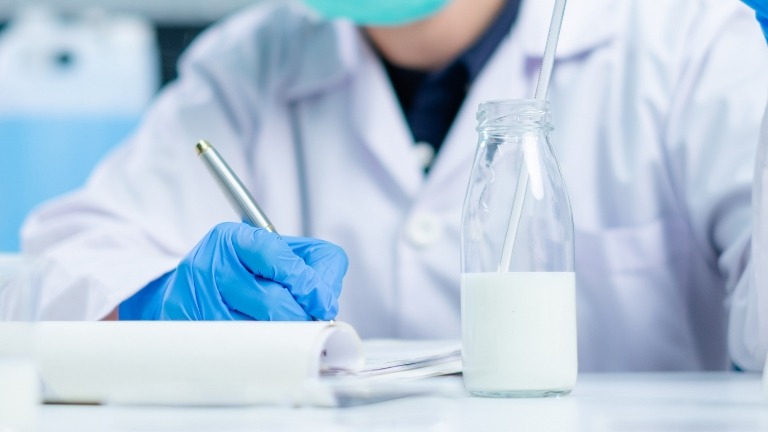
Milk adulteration: what laboratory testing methods are available?
Milk adulteration is a threat to the quality and conformity of dairy products. What methods can be used to detect these frauds quickly, reliably and ...

CIRAM analyzes and certifies all your industrial products (solid, liquid and gas) using the radiocarbon method and isotopic analysis to international standards ASTM D6866EN 16640, ISO 16620-2, EN 16785, ISO 21644, ISO 13833.
Contact our teams Discover application fields Send your samples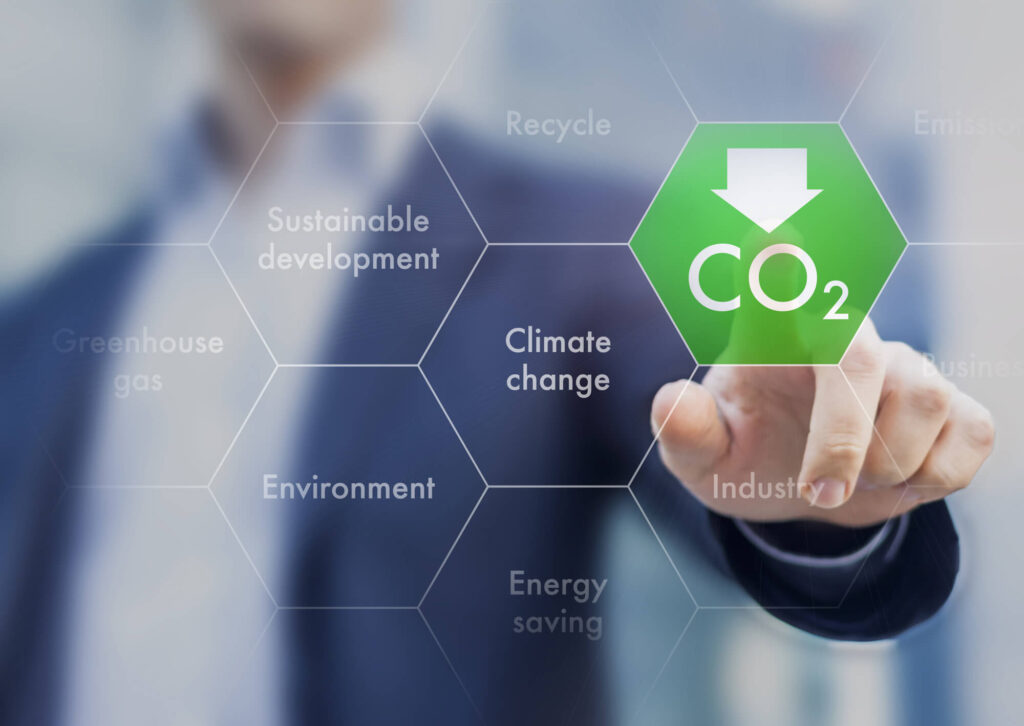
Carbon-14 analysis enables us to distinguish carbon of fossil origin from carbon of biological origin with recognized scientific precision.

Measure the proportion of renewable raw materials in your formulations and certify their biobased origin.
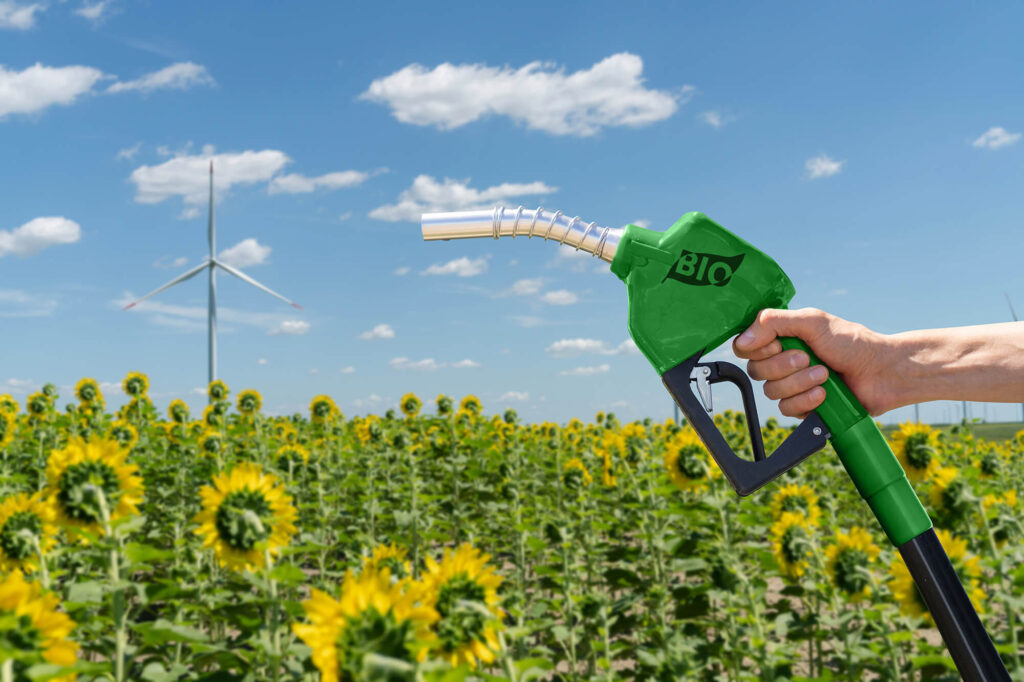
Determine the biobased content of your fuels and quantify biogenic emissions in line with environmental standards.
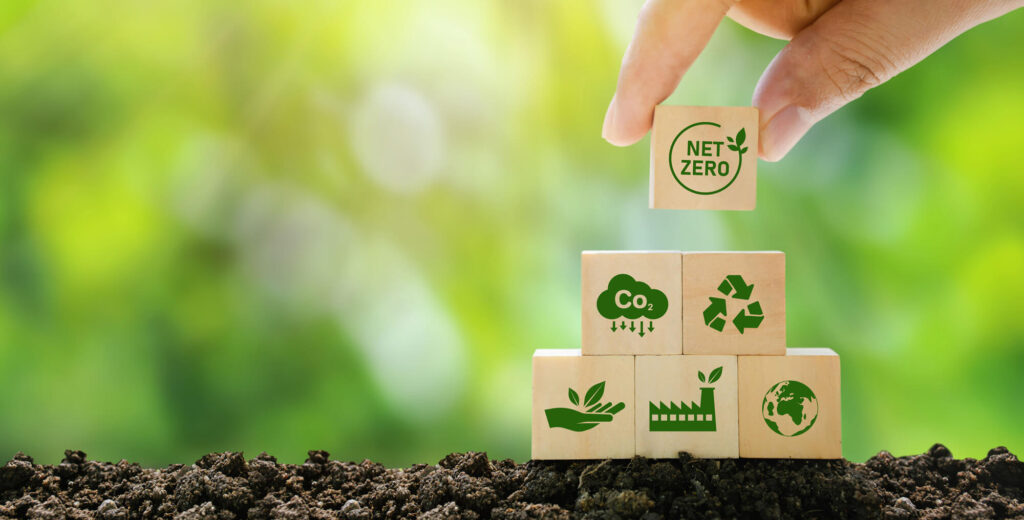
Make sure your products meet international standards for biobased content by following ASTM D6866.
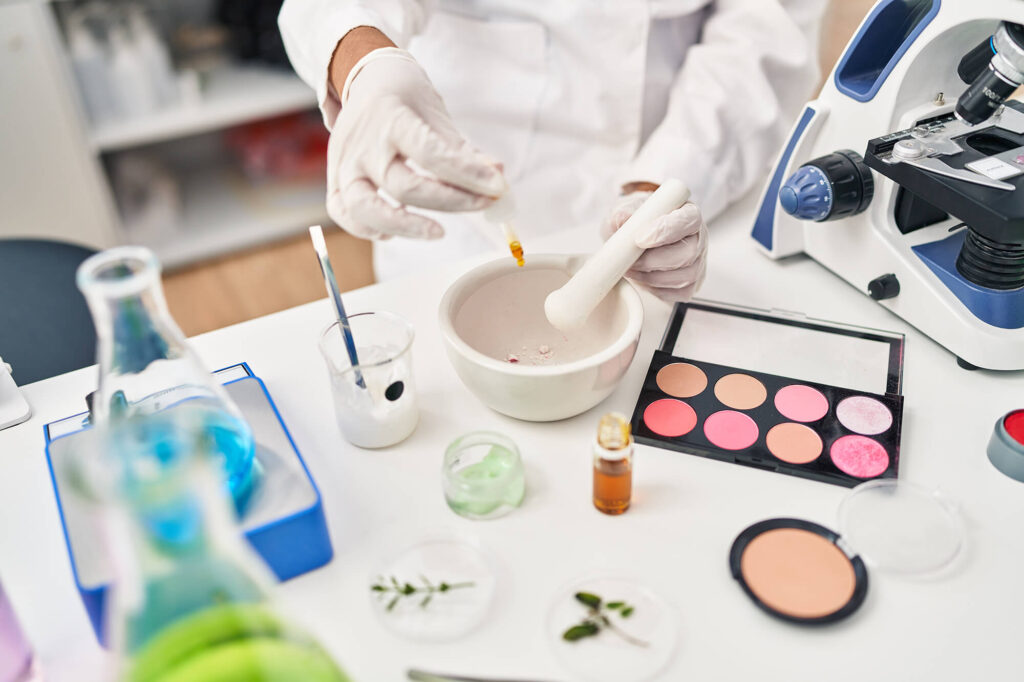
Check the authenticity and natural composition of your products to meet the requirements of eco-labels and consumers.
Radiocarbon analysis of industrial products can be used to detect adulteration by the addition of synthetic products, and to verify manufacturing or extraction processes. This method quantifies the percentage of natural ingredients and guarantees the integrity of biobased materials.
The study of stable isotopes also makes it possible to determine the geographical and botanical origin of products such as coffee or meat, and to authenticate products from organic farming.
Read moreOur laboratory measures the biogenic carbon content and controls the composition of your solid, liquid or gaseous biofuels.
Radiocarbon testing quantifies the biosourced versus fossil portion of biofuels. CIRAM applies ASTM D6866 standards to guarantee biofuel compliance with regulatory and environmental requirements, ensuring traceability and certification.
Read moreRadiocarbon analysis measures the proportion of biogenic carbon in biogas and industrial flue gases. This measurement is essential for certifying the renewable origin of biogas and quantifying the proportion of biomass burned in industrial processes.
CIRAM uses ASTM D6866 and ISO 13833 standards to guarantee compliance with environmental regulations and ensure traceability of energy sources as part of its transition to sustainable energies.
Read moreOur experts assess the biogenic carbon content of your biopolymers and bioplastics using the radiocarbon method. CIRAM applies ASTM D6866 and ISO 16620-2 standards to certify the biosourced content of materials.
This analysis is essential for obtaining eco-labels such as OK biobased and DIN CERTCO, which attest to the renewable origin of bioplastics and facilitate their integration into the sustainable market.
CIRAM was also approved by TUV AUSTRIA in 2024.
Read moreFrom insulation panels and flooring to furnishings, our laboratory examines and assesses the biobased content of all building materials.
The 2020 environmental regulations (RE 2020) position bio-sourced materials as priority solutions in new construction. CIRAM applies standards EN 16640 and EN 16785 to ensure certification (in particular the Karibati label) and to support manufacturers in validating their ecological materials.
Read moreRadiocarbon analysis assesses the proportion of biogenic carbon in solid recovered fuels, whether gaseous, liquid or solid.
This method enables precise measurement of the proportion of CO₂ from biomass compared with that from petroleum-based sources. CIRAM applies the EN ISO 21644 standard to guarantee CSR compliance with environmental requirements and optimize their energy recovery.
Read moreCIRAM analyzes the proportion of biobased products in cosmetics active ingredients and excipients.
We study raw materials, formulations and finished products using radiocarbon testing. This analysis applies to all levels of production, from R&D to the final product, to guarantee an optimal percentage of naturalness and help brands obtain certification attesting to a composition that respects ecological standards.
Read moreBiobased detergents and surfactants are increasingly in demand to limit the environmental impact of cleaning products. Radiocarbon analysis can be used to verify the proportion of biobased carbon in these formulations.
CIRAM applies theASTM D6866 and EN 16640 standards to certify compliance with ecological requirements and support the awarding of labels for environmentally-friendly products.
Read moreBiobased paints and pigments are developing to meet the demands of environmental regulations and consumer expectations. CIRAM evaluates the biogenic carbon content in these products to guarantee their composition and compliance with biobased labels.
Thanks to radiocarbon analysis and the EN 16640 and EN 16785 standards, we help manufacturers to certify their paints and pigments by enhancing their biobased content.
Read moreCIRAM ensures the quality of its analyses of biobased products by using the following international standards:
This set of standards certifies the quality and expertise of our laboratory dedicated to the analysis of biobased products.
The food industry, biofuels, biogas, biopolymers and packaging, construction materials, solid recovered fuels, cosmetics, detergents and surfactants, paints and pigments are particularly concerned by the verification of the biobased part.
The main standards include ASTM D6866, EN 16640, ISO 21644, ISO 13833, ISO 16620-2, EN 16785, which govern the quantification of biobased carbon using rigorous methods.
Yes, our analyses can be used to obtain certifications such as OK biobased, DIN CERTCO or ecolabels specific to biobased materials. CIRAM has been approved by TUV AUSTRIA since 2024.
Time depends on the technique used and the type of object. Our analysis times range from 5 to 10 working days.
Click on "Contact our teams" for a quick response to your needs.

Milk adulteration is a threat to the quality and conformity of dairy products. What methods can be used to detect these frauds quickly, reliably and ...
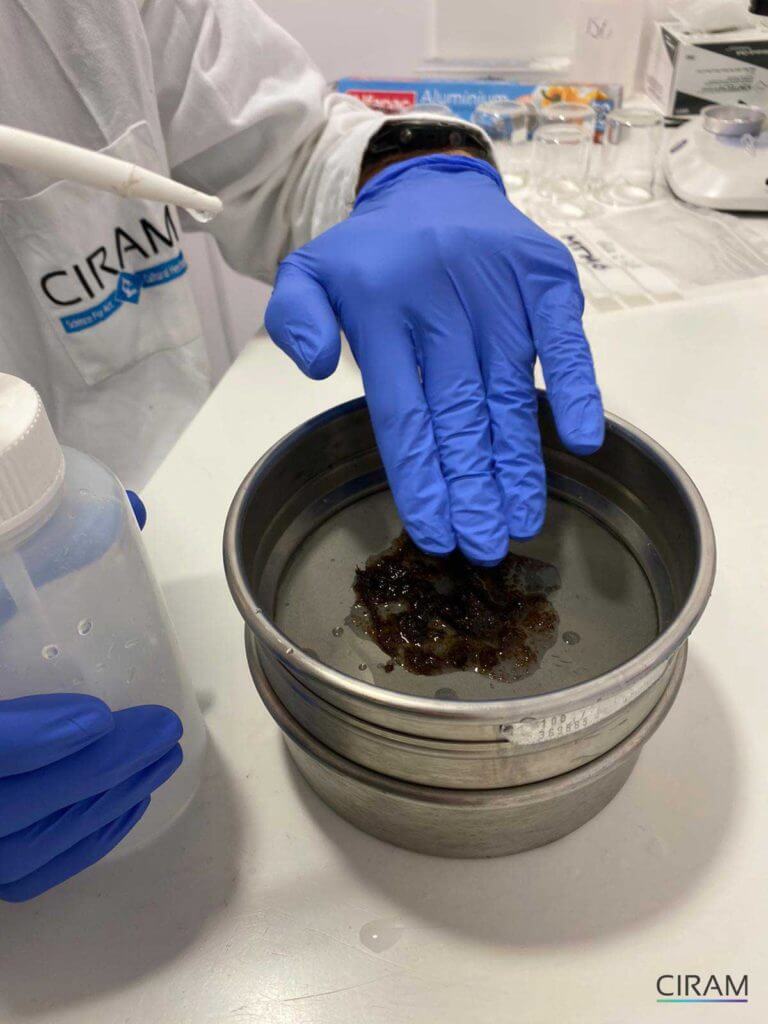
Test the naturalness of your flavors and dietary supplements using radiocarbon and stable isotopes. Carbon 14 and stable isotopes allow...
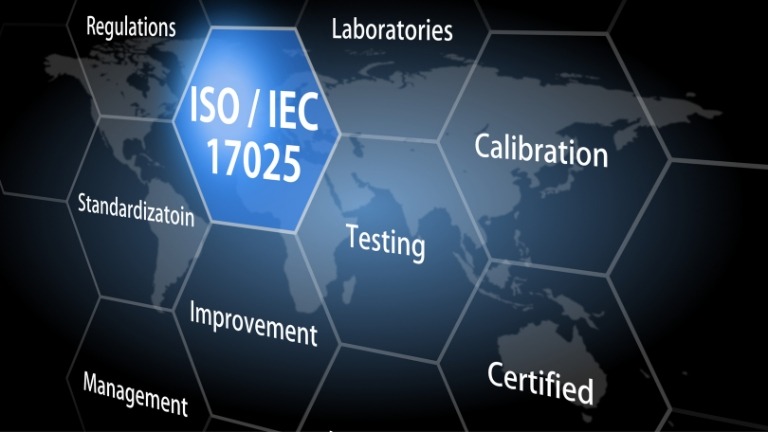
Stable isotope measurements play a key role in the quality control and traceability of industrial materials. But how can you be sure of the reliability of your results? By entrusting your...

Increasing demands for traceability and sustainability make ISCC Plus certification a strategic asset for manufacturers involved in biobased products. Find out more...
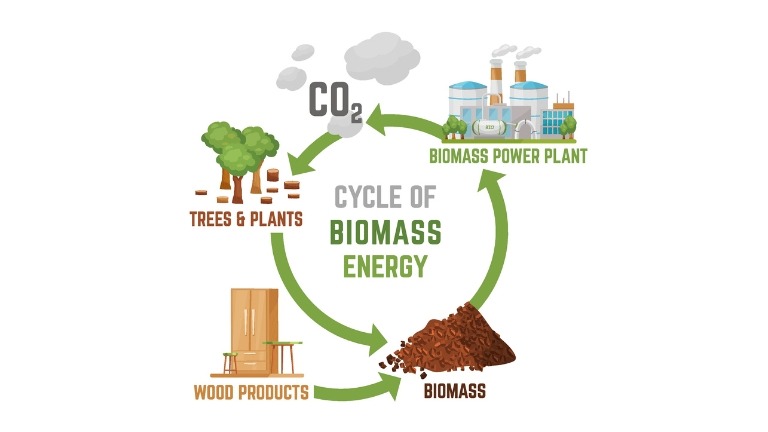
EN ISO 21644 is an essential standard for ensuring the compliance and traceability of solid recovered fuels (SRF). But how can you be sure that your materials comply ...

Honey adulteration is a growing threat to the industry, compromising quality, conformity and traceability. Addition of exogenous sugars, falsification of origin, purity tests ins...